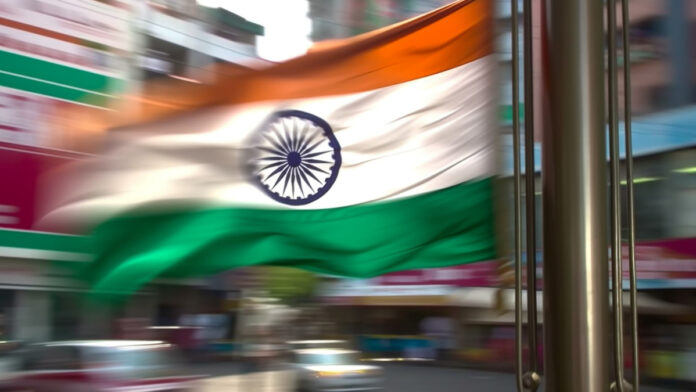Vodafone Idea is currently using AI-powered self-organising networks (SON) to manage its infrastructure, and has partnered with Nokia, Ericsson, and Samsung for its network rollouts
In sum, what to know:
5G reaches 23 more cities – Vodafone Idea is expanding its 5G footprint to 23 new Indian cities, including Ahmedabad, Jaipur, Pune, and Trivandrum, building on earlier rollouts in Mumbai and Delhi.
Phased rollout, AI-powered – The network expansion uses AI-powered Self-Organising Networks (SON) and advanced disaggregated RAN systems to optimize performance, cut deployment costs, and increase operational efficiency.
4G upgrades continue in parallel – While expanding 5G, Vi is also scaling its 4G network, boosting capacity by 35% and speed by 26%, with coverage now reaching 84% of India’s population.
Indian carrier Vodafone Idea has said it will deploy 5G in 23 additional cities across India. In a statement, it said it will deploy the technology in a phased manner in the following cities: Ahmedabad, Agra, Aurangabad, Kozhikode, Cochin, Dehradun, Indore, Jaipur, Kolkata, Lucknow, Madurai, Malappuram, Meerut, Nagpur, Nashik, Pune, Rajkot, Sonepat, Surat, Siliguri, Trivandrum, Vadodara, and Vizag.
The move follows recent 5G launches in Mumbai, Delhi-NCR, Bengaluru, Chandigarh and Patna. Vodafone Idea has acquired spectrum for the provision of 5G services in 17 circles across India. Users with 5G-enabled devices in the new cities will get access to the network as it becomes operational, the telco said.
According to the operator, over 70% of eligible users in current 5G zones have already accessed the service. Vodafone Idea is currently using AI-powered self-organising networks (SON) in order to manage its infrastructure and has partnered with Nokia, Ericsson and Samsung for its network rollouts.
Jagbir Singh, chief technology officer at Vodafone Idea, said: “Our 5G rollout is progressing in a phased manner (…) We are also strengthening our 4G network.” It initially launched its commercial 5G services in Mumbai in March, about two and a half years after rival telcos Bharti Airtel and Reliance Jio Infocomm.
Vodafone Idea previously told investors that launching 5G services later than its competitors has helped the company use newer technology and save costs. The carrier noted this delay allowed it to strategically adopt advanced Disaggregated Radio Access Network (RAN) systems, which improve operational efficiency, offer new capabilities and significantly reduce network deployment and maintenance expenses.
Vodafone Idea is also in process of expanding its 4G footprint across the country. Since April 2024, the company has deployed 4G on the 900 MHz band at 65,000 sites and added over 56,000 sites on the 1800 MHz, 2.1 GHz and TDD bands. These upgrades have increased 4G data capacity by 35% and boosted 4G speeds by 26%.
Vodafone Idea’s 4G network now covers 84% of the population, up from 77% in March 2024. The company, a joint venture between the U.K.’s Vodafone Group and India’s Aditya Birla Group, said it would continue focusing on the 17 licensed areas or telecom circles for both 4G and 5G coverage.
It has concluded different deals worth $3.6 billion with Nokia, Ericsson, and Samsung for the supply of network equipment over a period of three years. It recently said it has allotted equity shares worth INR369.5 billion ($4.3 billion) to the Government of India. Following the allotment, the government’s shareholding in the company stands at 48.99%, up from the previous 22.6%.
The development follows an order passed by the Ministry of Communications on March 29, 2025, to convert the outstanding spectrum auction dues, including deferred dues repayable after expiry of the moratorium period, into equity shares to be issued to the government.

